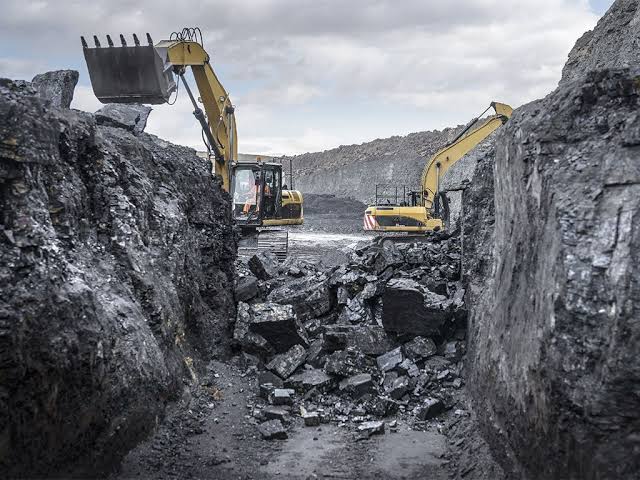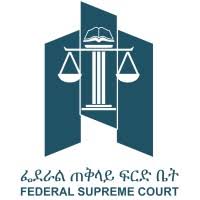Incentives on Mining, Petroleum, Geothermal and Biofuel Investments in Ethiopia
Mahlet Mesganaw, Partner at DMLF

The Council of Ministers Investment Incentive Regulation No 517/2022 done on July 12,2022 provides investment incentives for mining, petroleum, geothermal and biofuel works.
In the case of mining, the Regulation states that any holder of exploration license, small scale or large scale mining license or their contractors are allowed to import into Ethiopia equipment, machineries and consumables that are required for their operation or expansion thereof with the work program approved by the Ministry of Mines free from custom duties. In addition to this, the holder of a mining license may import free from custom duties aircraft, helicopter, drones or other exploration equipment for the purpose of collecting relevant information for the mining activities after securing recommendation from the Ministry of Mines.

The holder of a mining license who is unable to import equipment and machinery at pre-development stage may import such goods within 5 years from the commencement of production free of custom duties. Here the holder of artisanal mining license or the holder of any construction mineral mining license issued for the mining of sand or selected materials shall not be entitled to exemptions from custom duties and taxes. The holder of handicraft license or a refinery license who is engaged in the export of minerals may import equipment and machinery that are needed for its operation free from customs duties for 3 years from the date of issuance of such license.

Regarding petroleum and Geothermal works, any holder of petroleum or geothermal license or their contractors are entitled to import into Ethiopia all drilling , geological, Geo physical, production, treating, processing, transportation and other machinery and equipment necessary in petroleum and geothermal operations including aircraft, vessels and other transportation equipment and parts thereof, fuels, chemicals, lubricants, films, seismic tapes, house trailers, disassembled prefabricated structures and other materials necessary for petroleum and geothermal operations free of customs duties of any kind. Expatriate employees of a petroleum license holder or her contractor shall be entitled to import into Ethiopia household goods and personal effects free of customs duties of any kind in accordance with prevailing laws.

Consumables mentioned under mining, petroleum and geothermal operations include chemicals, dynamite and other materials to be used for mining, petroleum and geothermal activities to be specified in a directive to be issued by the Ministry of Finance.
Last but not least, the holder of a biofuel license is entitled to import equipment and machinery free of customs duties for 5 years from the date of issuance of the license based on the work program approved by the regulatory agency.
Concerning transfer of such freely imported items, transfer cannot be made to third parties without having obtained permission from the Ministry of Finance and pay the required duties. However such items may be re-exported free from customs duties or transferred to persons with similar duty privileges upon permission of the regulatory institution.
For any inquiries on your investment in mining and related activities you may contact us at info@dmethiolawyers.com




